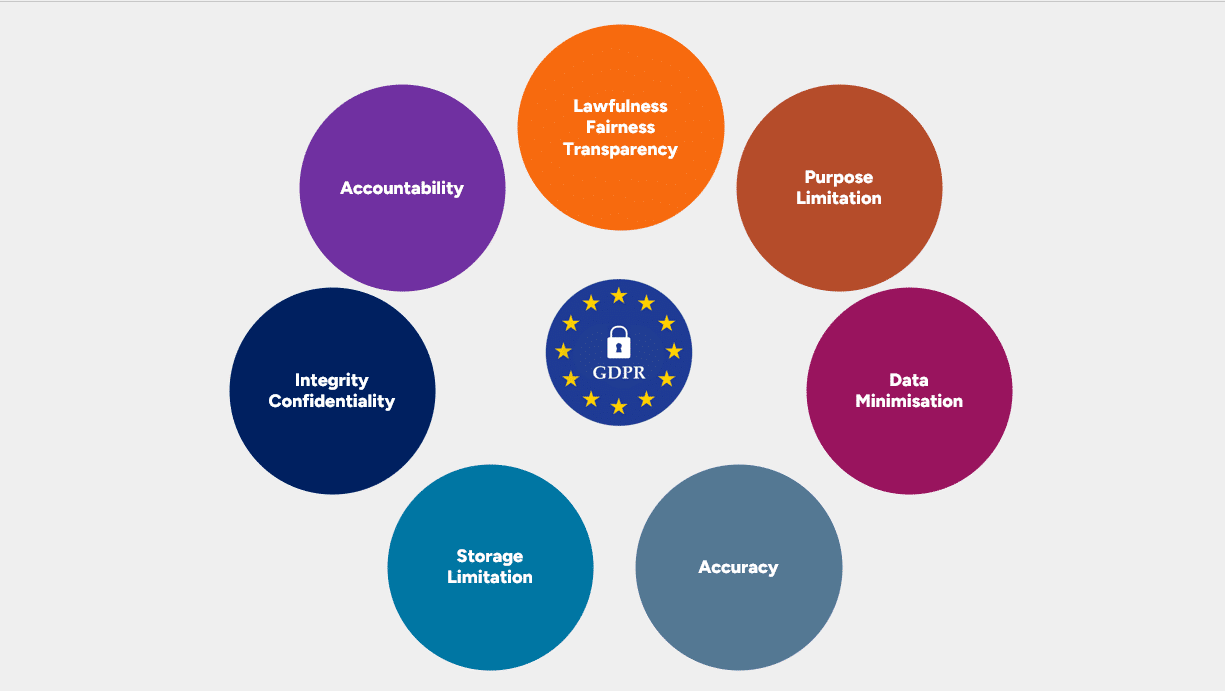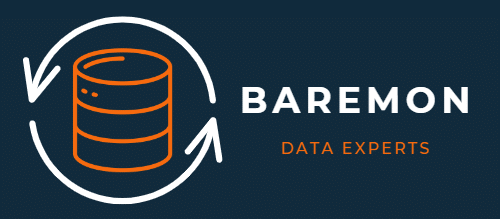
In today’s data-driven world, organisations collect, store and process large amounts of personal data. This data is essential to the operation of organisations, but it also brings with it great responsibility. The General Data Protection Regulation (GDPR) is a landmark piece of legislation that places strict requirements on how organisations handle personal data.
For companies that process the personal data of EU citizens, compliance with the GDPR is mandatory. Failure to comply can lead to significant fines, reputational damage and even criminal prosecution.
Collibra, a leading provider of data governance and catalogue software, offers a robust framework to overcome these challenges. In this article, you will learn how integrating Collibra into your data governance strategy can improve GDPR compliance and ensure that personal data is not only protected but also used effectively.
Understanding GDPR
What is it?
The General Data Protection Regulation (GDPR), which came into force in May 2018, sets the global standard for data protection laws and lays down strict rules for how organisations handle the personal data of individuals within the EU and EEA. It applies to any organisation, regardless of its geographical location, that processes personal data in connection with the offering of goods or services to EU residents or the monitoring of their behaviour.
The main principles

- Lawfulness, fairness and transparency: Organisations must process personal data in a lawful, fair and transparent manner.
- Purpose limitation: Data should be collected for specific, explicit and legitimate purposes.
- Data minimisation: Collect only the data necessary for the intended purpose.
- Accuracy: Ensure the accuracy of data and keep it up to date.
- Storage limitation: Keep data only as long as necessary.
- Integrity and confidentiality: Implement security measures to protect data.
- Accountability: Organisations are accountable for their data processing activities.

Collibras capabilities in improving GDPR compliance
- Data discovery and classification: Collibra automates the discovery, classification and labelling of personal data in various systems. This foundational capability supports compliance by identifying sensitive data and its flow within the organisation, a critical step for GDPR accountability and transparency.
- Risk management through Data Protection Impact Assessments (DPIAs): Collibra facilitates DPIAs by providing a clear workflow for assessing and mitigating risks associated with data processing activities. It helps determine where high risks lie and what measures should be taken to mitigate those risks, a requirement for high-risk processing activities under the GDPR.
- Managing consent and data subject rights: Collibra supports the management of consents and the enforcement of data subjects’ rights by tracking the status of consents and automating responses to data subjects’ requests. This not only ensures compliance, but also speeds up response time and increases customer satisfaction.
- Managing data quality: Ensuring data accuracy and integrity is critical under the GDPR. Collibra helps maintain high-quality data through its robust governance capabilities, which include continuous monitoring, validation and cleansing of data to ensure it remains accurate and up-to-date.
- Data access control: Collibra allows you to implement granular access controls to ensure that only authorised users have access to personal data. This helps to prevent unauthorised access and data breaches.
- Incident management and notification of data breaches: Collibra’s Incident Management Framework enables organisations to respond quickly to data breaches. Its automated alert system helps to detect data breaches early, manage them efficiently and notify the relevant authorities and data subjects within the prescribed 72-hour period.
Strategic implementation of Collibra for GDPR compliance
To use Collibra effectively for GDPR compliance, organisations should integrate it into their broader data governance framework. This integration includes mapping data flows, defining data governance roles, establishing governance bodies and setting clear policies and procedures that align with GDPR requirements. Training and awareness programmes are also critical to ensure that all stakeholders understand the importance of GDPR compliance and how to achieve it with Collibra.
Conclusion
In times of data breaches and growing privacy concerns, GDPR compliance is a strategic necessity that can have a significant impact on your organisation’s reputation and the trust of your customers. Collibra offers a comprehensive suite of tools that can strengthen your data protection practises. Get in touch with our team to learn how Collibra can be seamlessly integrated into your GDPR compliance strategy and how you can turn legal requirements into business benefits.
